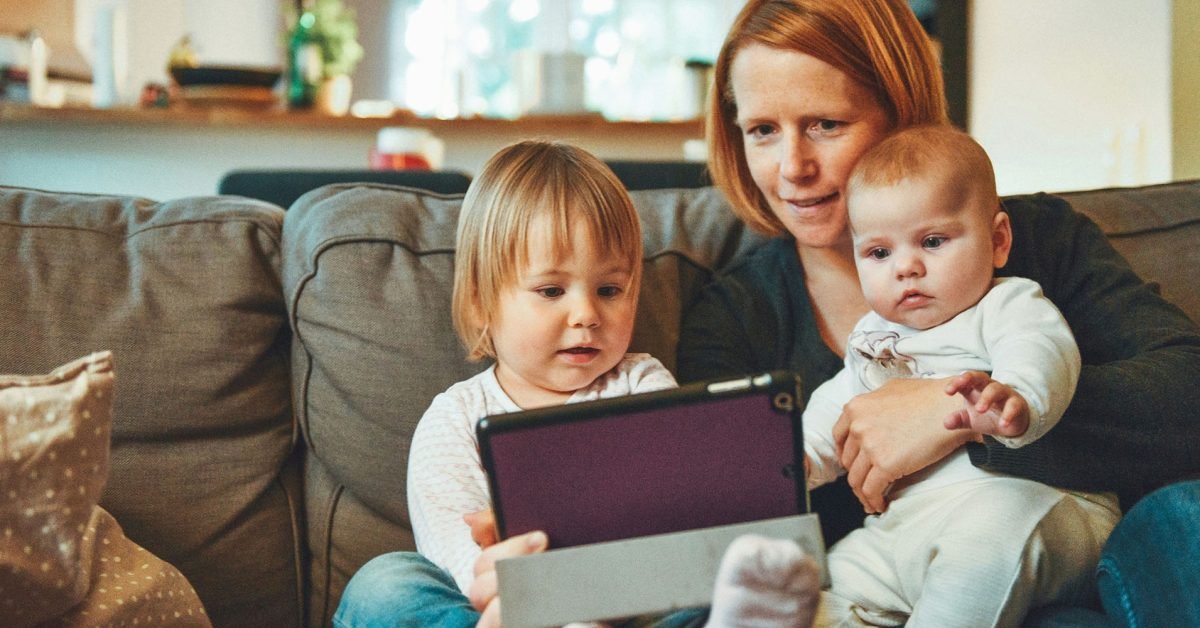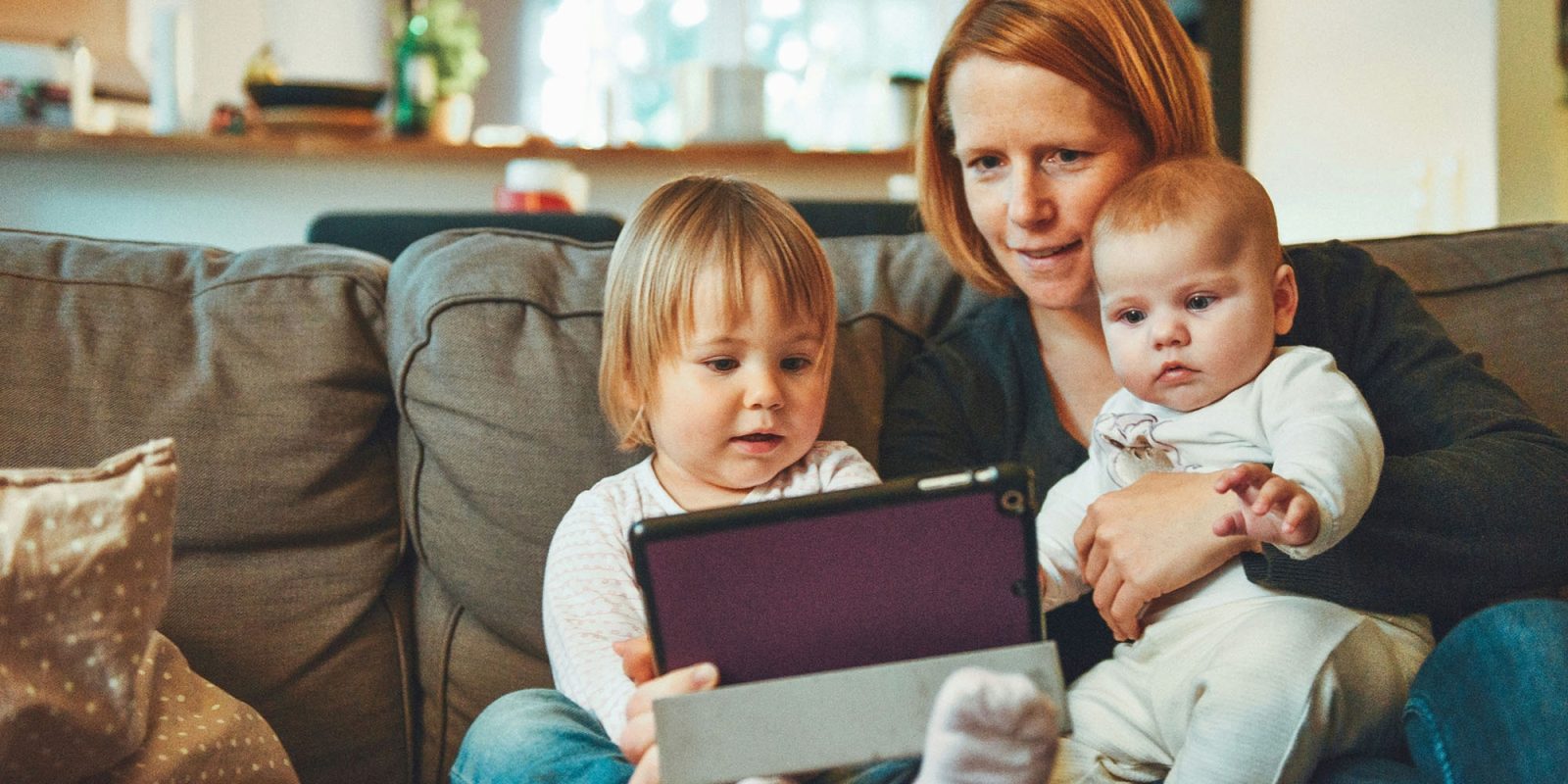
Here are the official screen time recommendations for kids
-
by Anoop Singh
- 6

The American Academy of Pediatrics (AAP) has official screen time recommendations for kids of different ages – but parents still have to grapple with the trade-offs and practicalities.
One parent has shared her own struggles with finding the right balance, and the exceptions she allows to her normally-strict policy …
The AAP says that a healthy balance is key, and that parents need to come up with personalized plans which reflect your children as individuals.
There are risks and benefits that come with media use. The key is to develop habits that help your family strike a healthy balance. You can decide what media use is best for your family. Remember, all children and teens need adequate sleep (8–12 hours, depending on age), physical activity (1 hour), and time away from media. (See the “Media Use Guidelines” chart, below, for general guidelines for media use based on age.)
Because children today are growing up in a time of highly personalized media use experiences, parents must develop personalized media use plans for their children. Media plans should take into account each child’s age, health, personality and developmental stage.
It has published a table of guidance for kids of different ages, getting progressively less prescriptive as the ages increase. For example, for kids younger than two, the AAP says:
Media use should be very limited and only when an adult is standing by to co-view, talk, and teach (for example, video chatting with family along with parents). For children 18–24 months, if you want to introduce digital media:
- Choose high-quality programming.
- Use media together with your child.
- Avoid solo media use.
While for tweens and teens:
Parents should engage tweens and teens in conversations about their media use, digital citizenship, what they’ve seen or read, who they are communicating with, and what they have learned from their media use.
CNET’s Vanessa Hand Orellana says that she aims to take a strict approach, but has learned that theory and reality don’t always align.
It’s easy to get sucked into an idealistic fantasy of what raising kids is like when you’re lounging on the couch stroking your pregnant belly and thinking about your perfect little angel baby who’s about to make his appearance. But sticking with it while carrying your screaming toddler in a football hold across a crowded restaurant as you glance back longingly at your half-eaten dinner takes an entirely different level of commitment.
She says she and her partner developed four exceptions to their no-screen-time rule:
- Video calls with grandparents abroad, which are unlimited length even for their one-year-old
- Airline flights, where their kids are allowed to spend the entire flight watching screens
- Relaxed rules on weekends, though still limited to one movie or two hours of TV per day
- Haircuts, where kids are allowed screen time for as long as it takes
If you’re a parent, what approach do you take? Please share your thoughts and experiences in the comments.
Photo by Alexander Dummer on Unsplash
FTC: We use income earning auto affiliate links. More.
The American Academy of Pediatrics (AAP) has official screen time recommendations for kids of different ages – but parents still have to grapple with the trade-offs and practicalities. One parent has shared her own struggles with finding the right balance, and the exceptions she allows to her normally-strict policy … The AAP says that a…
The American Academy of Pediatrics (AAP) has official screen time recommendations for kids of different ages – but parents still have to grapple with the trade-offs and practicalities. One parent has shared her own struggles with finding the right balance, and the exceptions she allows to her normally-strict policy … The AAP says that a…
